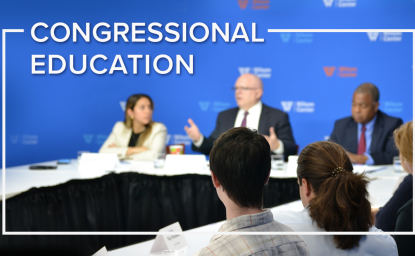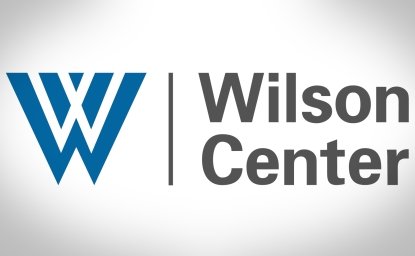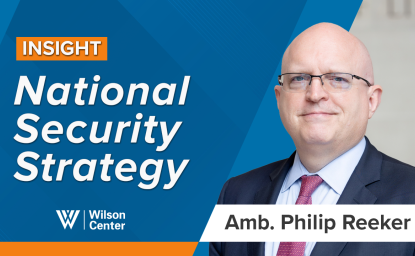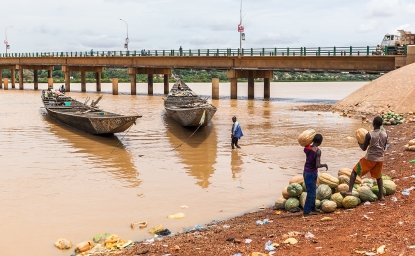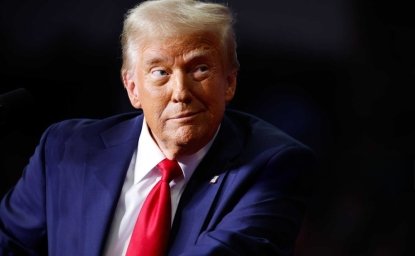Summer is upon us, and with it comes the onslaught of mosquito season. This year the ubiquitous pests represent more than a minor annoyance thanks to the Zika virus. What can and can’t be done to stop the public health threat posed by the virus? The Zika virus is here. Is the US ready? Speakers (listed in order of appearance)Jane Harman, Director, President and CEO, Wilson CenterJason Beaubien, Global Health and Development Correspondent, National Public RadioDr. Anne Schuchat, Principal Deputy Director, Centers for Disease Control and PreventionDr. Anthony Fauci, Director, National Institute of Allergy and Infectious Diseases, National Institutes of HealthSusan Molinari, Vice President for Public Policy, Google and former Member of Congress
